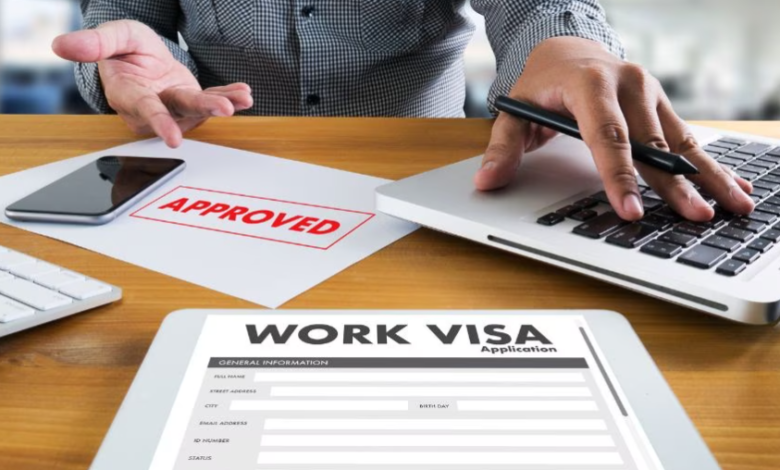European Work Visa 101: Everything You Need to Know

If you’re considering working in Europe, understanding the process for obtaining a work visa is essential.
Here’s a comprehensive guide to help you navigate the complexities of securing a Europe work visa.
1. Types of Work Visas
A. EU Blue Card
- Eligibility: Highly skilled workers with a job offer in an EU country.
- Benefits: Allows you to live and work in any EU country (except Denmark and Ireland) and provides a path to permanent residency.
B. National Work Visa
- Specific to individual countries (e.g., Germany, France, Spain).
- Requirements and processes vary by country.
C. Intra-Company Transfer Visa
- For employees of multinational companies transferring to a branch in Europe.
- Requires proof of employment and a specific duration of stay.
D. Seasonal Work Visa
- For temporary work, often in agriculture or tourism.
- Typically valid for a limited period each year.
2. Eligibility Criteria
A. Job Offer
A valid job offer from an employer in the host country is usually required.
B. Qualifications
Relevant educational qualifications or professional experience in your field.
C. Language Proficiency
Proficiency in the local language or English, depending on the country’s requirements.
D. Financial Stability
Proof of sufficient funds to support yourself initially, if required.
3. Application Process
A. Research Visa Requirements
Check the specific requirements for the country where you want to work as each country has its own rules and processes.
B. Gather Required Documents
Common documents include:
- Valid passport
- Job offer letter
- Educational qualifications
- Language proficiency certificates
- CV/resume
- Health insurance documentation
C. Submit Application
Apply at the relevant embassy or consulate, or through the country’s immigration website.
D. Attend an Interview
Some countries may require an interview as part of the application process.
See also: Stylish and Practical Smoothie Travel Cup Options from Metro Pack
4. Processing Times
Processing times can vary widely depending on the country and the type of visa. It’s advisable to apply well in advance of your intended start date.
5. Health Insurance Requirements
Many countries require proof of health insurance that meets specific standards. Ensure you are covered during your stay.
6. Work Authorization and Residence Permit
After obtaining your work visa, you may need to register with local authorities and apply for a residence permit to live and work legally.
7. Visa Renewal and Extension
Familiarize yourself with the rules regarding visa renewal and extensions, as some visas may have specific conditions.
8. Family Reunification
Investigate whether your work visa allows family members to join you. Many countries offer pathways for family reunification.
9. Cultural Adaptation
Prepare for cultural differences and consider language courses or cultural orientation programs to ease your transition.
10. Legal Assistance
If the process seems overwhelming, consider consulting with an immigration lawyer or agency specializing in European work visas for guidance.
Getting a European work visa is not always a straightforward process, but knowing the requirements and process can make it doable. Preparing ahead of time and being up to date with the information can increase your chances of approval and a positive experience working in Europe.
If you wish to build your career in Europe and secure a European working visa, get in touch with the top immigration consultants in Dubai for further information and in-depth support.




